#costa-gavras
Photo




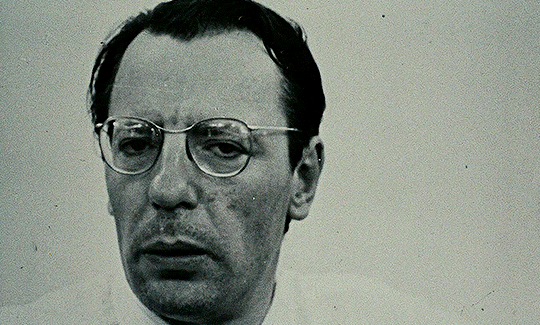


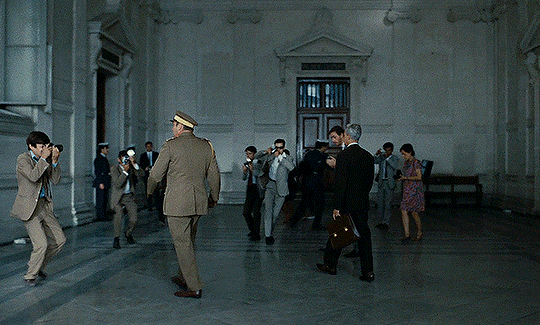
Z (Costa-Gavras, 1969)
233 notes
·
View notes
Text
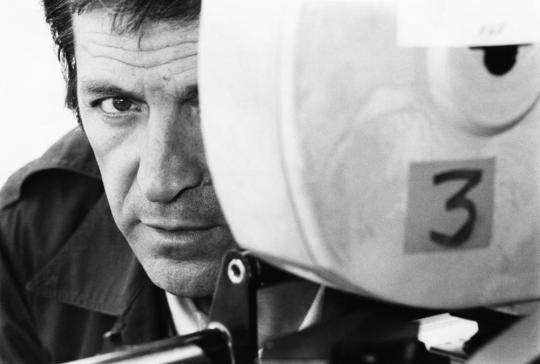
Happy 91st, Costa-Gavras.
32 notes
·
View notes
Photo

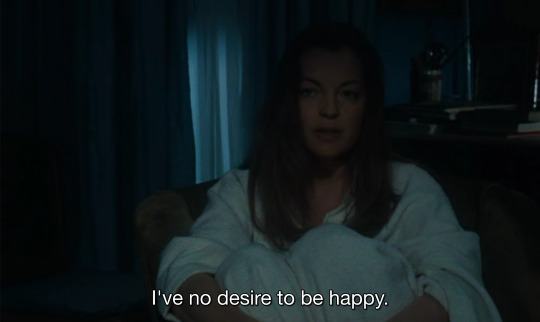
Clair de femme, 1979
189 notes
·
View notes
Text
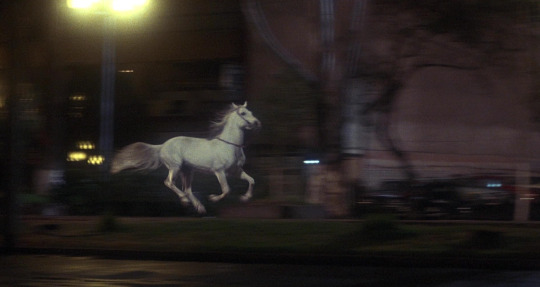
Missing directed by Costa-Gavras
2 notes
·
View notes
Photo




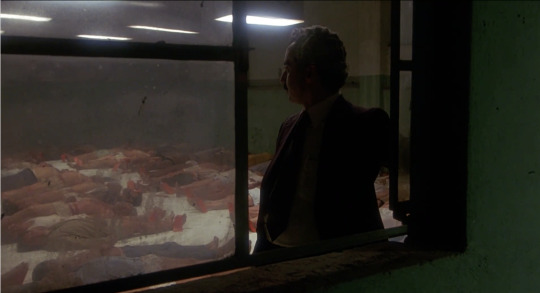
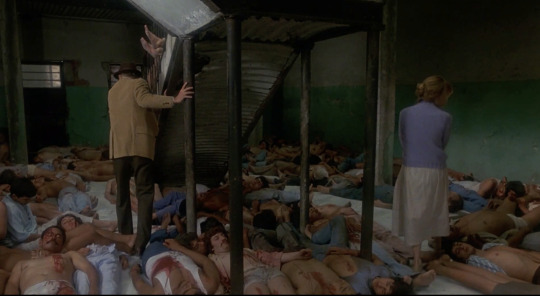

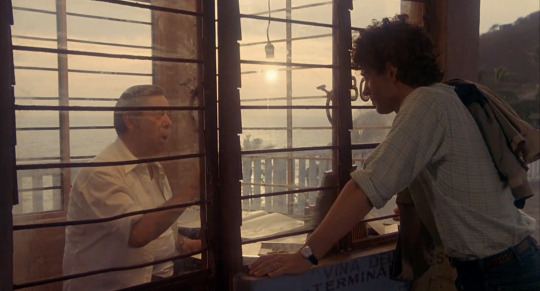
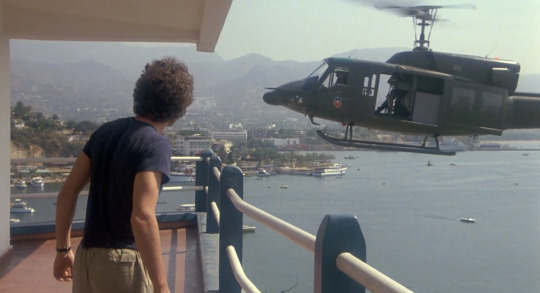
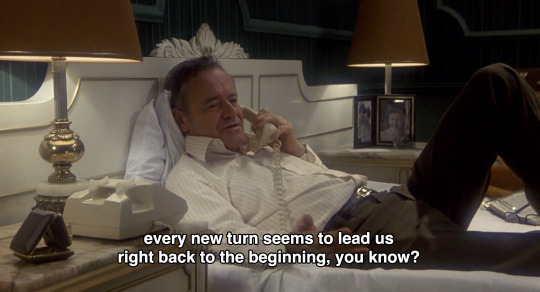
SUBLIME CINEMA #642 - MISSING
Costa-Gavras made this excellent, forgotten movie - his most expensive - after the success of his seminal Z. Set during the Chilean coup, but shot in Mexico, this is a far flung, politically charged thriller, which was completely his wheelhouse. It is as great as the best of them. The fruitless search for a son and husband is the film’s emotional core.
Also - featuring a lesser-known Vangelis score.
#costa-gavras#jack lemmon#sissy spacek#Melanie Mayron#John shea#missing#80s#1980s#palme d'or#cannes#academy awards#film#mexico#columbia#coup#political thriller#thriller#tense#classic film#film stills#cinematography#cinema#films#movie#movies#vangelis#pinochet#drama#cinephile#missing film
22 notes
·
View notes
Photo
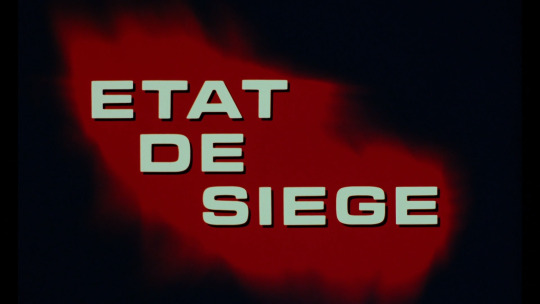
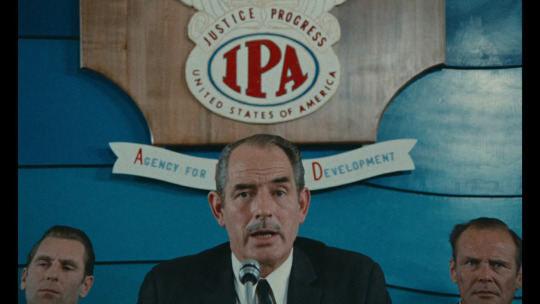
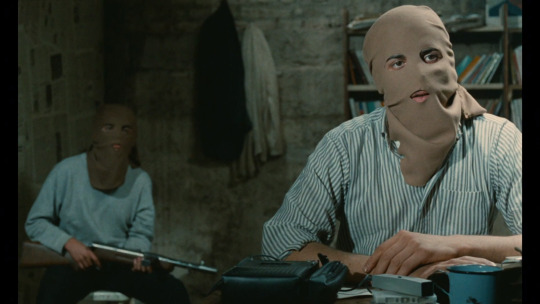
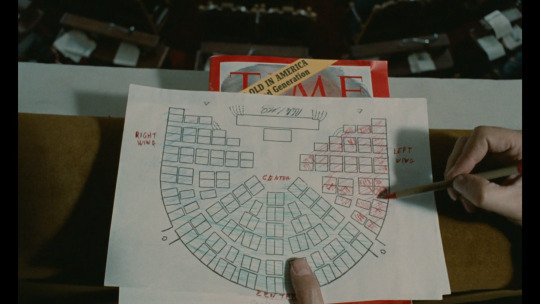
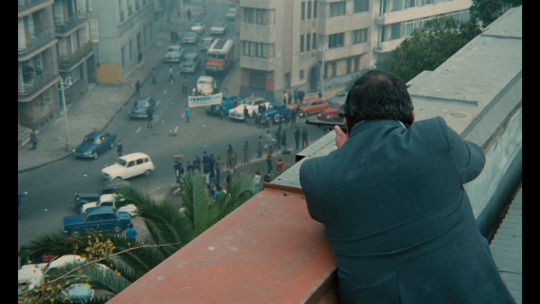

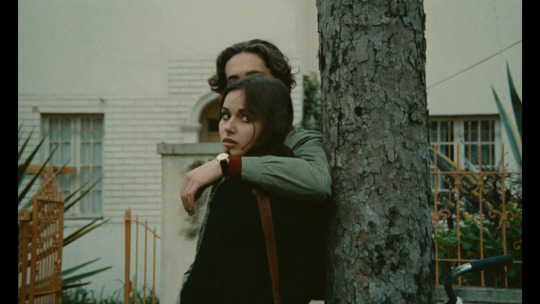

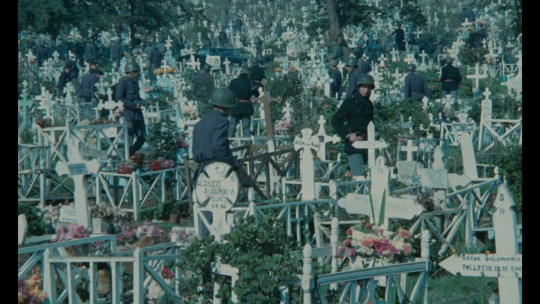

État de siège (State of Siege), 1972
Directed by Costa-Gavras
#état de siège#state of siege#costa-gavras#yves montand#renato salvatori#jacques weber#maurice teynac#jean-luc bideau
18 notes
·
View notes
Photo
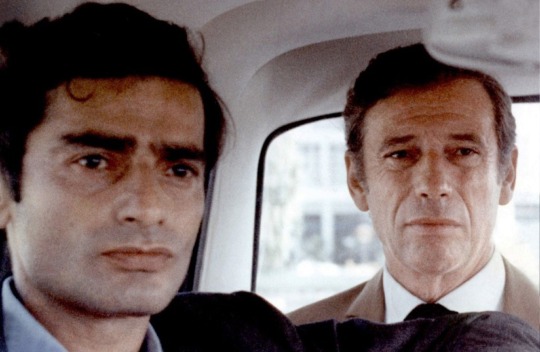
Charles Denner and Yves Montand in Z (Costa-Gavras, 1969)
Cast: Jean-Louis Trintignant, Yves Montand, Irene Papas, Pierre Dux, Jacques Perrin, Charles Denner, François Périer, Georges Géret, Bernard Fresson, Marcel Bozzuffi, Julien Guiomar, Magali Noël. Screenplay: Jorge Semprún, based on a novel by Vassiliis Vassilikos. Cinematography: Raoul Coutard. Production design: Jacques D’Ovidio. Film editing: Françoise Bonnot. Music: Mikis Theodorakis.
Costa-Gavras's great political thriller, Z, was an unsettling film to watch in 1969, the year after Robert Kennedy and Martin Luther King Jr. were assassinated, the police clashed with demonstrators at the Democratic convention in Chicago, and Richard Nixon was elected president. What makes it unsettling in today's political climate is the way the film shows the destructive collaboration of ideologues, buffoons, and thugs. It's an often grimly funny movie, particularly in the portrayal of the general in charge of the police, who as played by Pierre Dux is both ideologue and buffoon. There is buffoonery also among the thugs, and Costa-Gavras has fun mocking the conspirators who, once they angrily leave the room in which they've been indicted, each try to open a locked door. But we mock them in vain. For while the efforts of the prosecutor played beautifully by Jean-Louis Trintignant are heroic and Costa-Gavras and screenwriter Jorge Semprún make us expect justice to prevail, it doesn't. The story is that of the assassination of Greek opposition politician Grigoris Lambrakis in 1963 and the subsequent investigation that brought a glimmer of hope to the country only to be squelched by the military coup of 1967. However, the film is set in no specific country -- it was filmed in Algeria -- and only an opening "disclaimer" that parodies the usual assertion about any resemblance to persons living or dead dares to say that the resemblances in the film are entirely intentional. Costa-Gavras and Semprún were political exiles from, respectively, Greece and Spain. The composer Mikis Theodorakis had been arrested and his music was banned in Greece; he gave Costa-Gavras permission to use existing compositions for the film score. But the decision to set the film in no particular place only strengthened its ability to reach out and make its story meaningful beyond a specific place and time. Although Yves Montand and Irene Papas get top billing as the assassinated politician and his wife, Montand's role is comparatively small and Papas's is virtually a cameo. The movie is mostly carried by Trintignant and by Jacques Perrin, one of its producers who also plays a very aggressive investigative journalist, and a capable supporting cast. It won Oscars as the best foreign-language film and for Françoise Bonnot's film editing. It was also nominated in the best picture category, and picked up nominations for best director and best adapted screenplay, but lost in those categories to Midnight Cowboy and its director, John Schlesinger, and screenwriter, Waldo Salt.
6 notes
·
View notes
Text

Z (1969, Costa-Gavras, France)
6 notes
·
View notes
Text
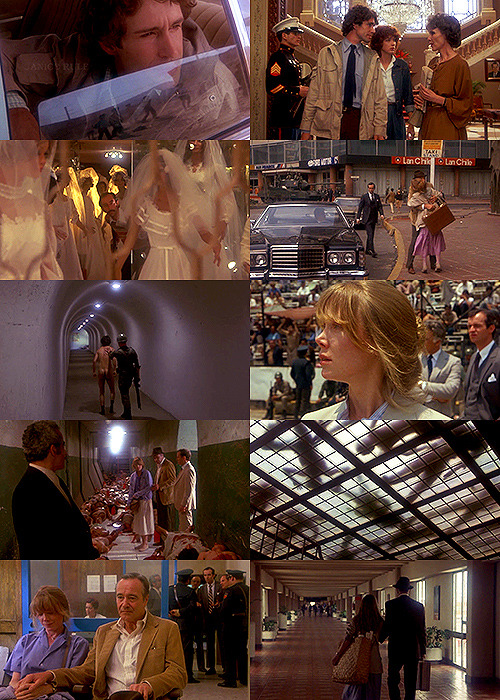
Missing (1982). When an idealistic American writer disappears during the Chilean coup d'état in September 1973, his wife and father try to find him.
Oh, I loved this one. Jack Lemmon and Sissy Spacek always deliver, but they're emphatically, brilliantly human as father and daughter-in-law navigating hope and grief and desperation as they try to find the man who connects them. Moving and biting and a searing indictment on the US government. Really loved it. 8/10.
#missing#1982#Oscars 55#Nom: Picture#Nom: Actor#Nom: Actress#Nom: Adapted Screenplay#Won: Adapted Screenplay#Costa-Gavras#donald e stewart#Thomas Hauser#jack lemmon#sissy spacek#Melanie Mayron#john shea#america#american#chile#1970s#father-son#crime#war#8/10
15 notes
·
View notes
Text
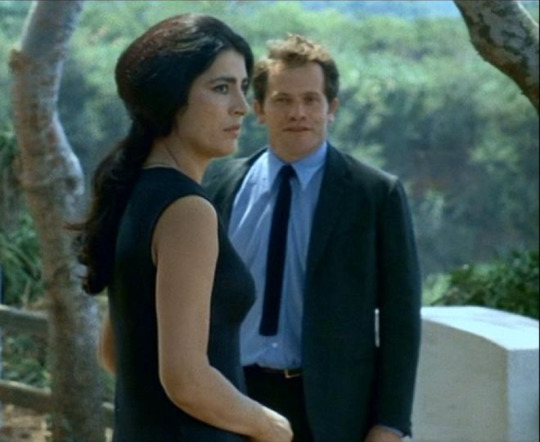
Irene Papas-Bernard Fresson "Z" 1969, de Costa-Gavras.
7 notes
·
View notes
Text
youtube
"Since they're long shots that may end up two miles away, it requires a lot of rehearsal." So says [making-of spoilers] Romain Gavras, son of Costa-, and the writer-director of Athena on Smokeflix.
A bravura mise-en-scène is the only way to begin to comprehend the enormity of the globalized nightmare: this mass-murderous occupying force — serving only the parasite one percent — that self-identifies as "public safety."
Accurate representation of police anarchy calls for absolute discipline. Children of Men perfected the form. Athena's Eisenstein-enormous cast runs with it, while the camera keeps returning to the haughty-doleful beauty of rebel leader Sami Slimane. It is a screen debut that is potentially legendary. —Margaret Yang
#cultural hegemony#lka#mla#sma#you seeing this#police state#the parasite one percent#romain gavras#costa-gavras#sami slimane#athena movie#children of men#yes#smokeflix#margaret yang
6 notes
·
View notes
Text

Happy 90th, Costa-Gavras.
19 notes
·
View notes
Photo


Clair de femme, 1979
213 notes
·
View notes
Text
« Compartiment tueurs », film du réalisateur Costa-Gavras (1965)
Posté par Shangols
Encore une excellente découverte, décidément ce jeune cinéaste est prometteur. Compartiment Tueurs est le premier long-métrage de Costa-Gavras, et il est déjà éminemment personnel et original. Pas parfait, mais cultivant en tout cas un ton bien à lui, brassant toute une histoire de la tradition française, du polar poisseux à la comédie fine, du films d’acteurs au film noir. …
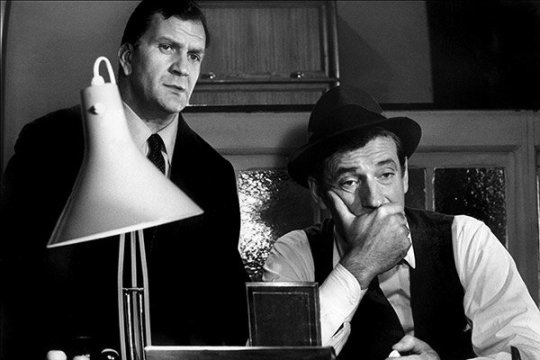
View On WordPress
0 notes
Text

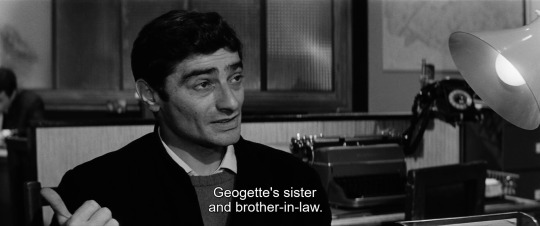
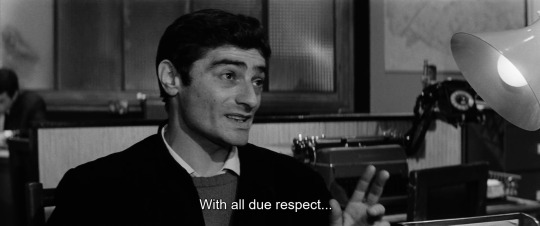
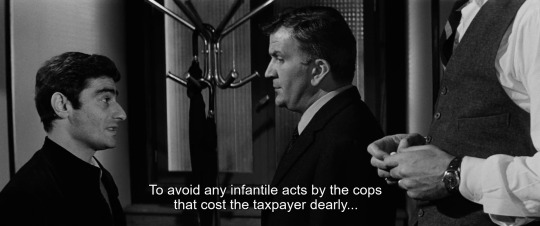


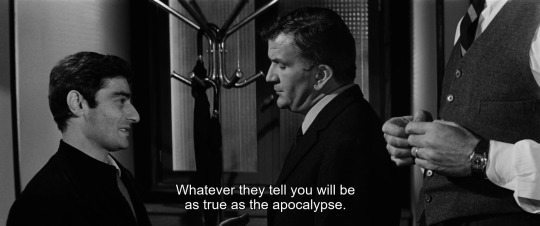
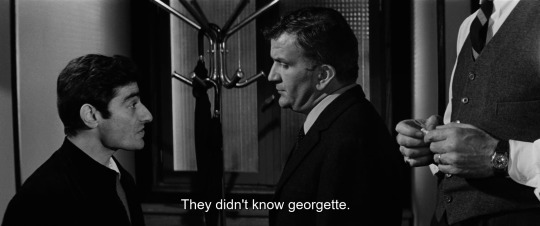

0 notes